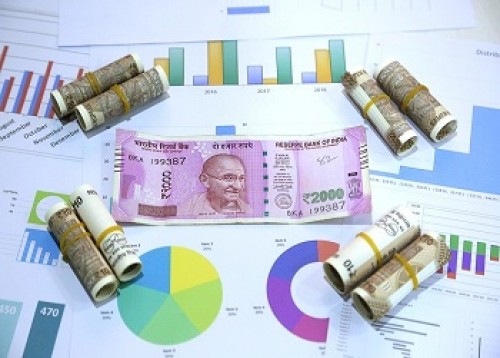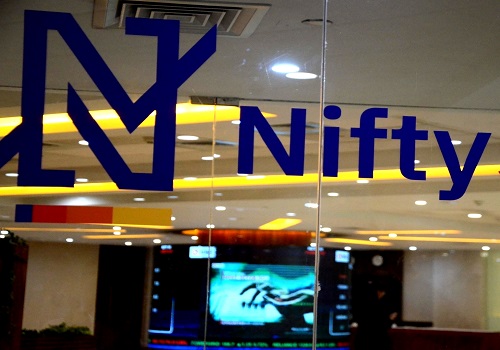Income Tax Department likely to come out with modified valuation rules under the I-T Act

Follow us Now on Telegram ! Get daily 10 - 12 important updates on Business, Finance and Investment. Join our Telegram Channel
The Income Tax Department is likely to come out with modified valuation rules under the I-T Act for ascertaining the fair market value (FMV) of shares of unlisted companies for the purpose of levying tax on non-resident investments. The Finance Bill, 2023 has proposed amending Section 56(2)(viib) of the I-T Act, thereby bringing overseas investment in unlisted closely held companies, excepting DPIIT-recognized startups, under the tax net. The amendments are needed as I-T Act and FEMA provide different methodologies for calculating the FMV of shares of unlisted companies.
Rule 11UA of I-T rules will be re-prescribed taking into account the concerns expressed by stakeholders to harmonise it with the FEMA regulations. Rule 11UA deals with determination of FMV of assets, other than immovable property. Under the existing norms, only investments by domestic investors or residents in closely held companies were taxed over and above the fair market value. This was commonly referred to as angel tax. The Finance Bill, 2023, has proposed such investments over and above the FMV, will be taxed irrespective of whether the investor is a resident or non-resident. Once approved by Parliament, the provisions would come into effect from April 1.
However, no tax would be levied on investments in startups which meet the prescribed norms and are recognised by the Department for Promotion of Industry and Internal Trade (DPIIT). Post the amendments proposed in the Finance Bill, concerns have been raised over the methodology of calculation of fair market value under two different laws. FEMA regulations mandate that issue of a capital instrument by an Indian company shall not happen at any value less than FMV computed as per FEMA laws.
Under I-T law, tax would be levied on any excess price recovered over and above FMV (calculated as per the income tax laws) on issuing shares to a non-resident. Suppose FMV of a share computed under FEMA law is Rs 100, whereas under income tax it is Rs 80. Now, let's assume if the shares are issued to foreign investors at Rs 100 only. Even in such cases, the income tax department will impose tax on Rs 20 (100-80) in the hands of the recipient company.










Tag News

Monthly Debt Market Update, September 2023: CareEdge Ratings





 320-x-100_uti_gold.jpg" alt="Advertisement">
320-x-100_uti_gold.jpg" alt="Advertisement">








